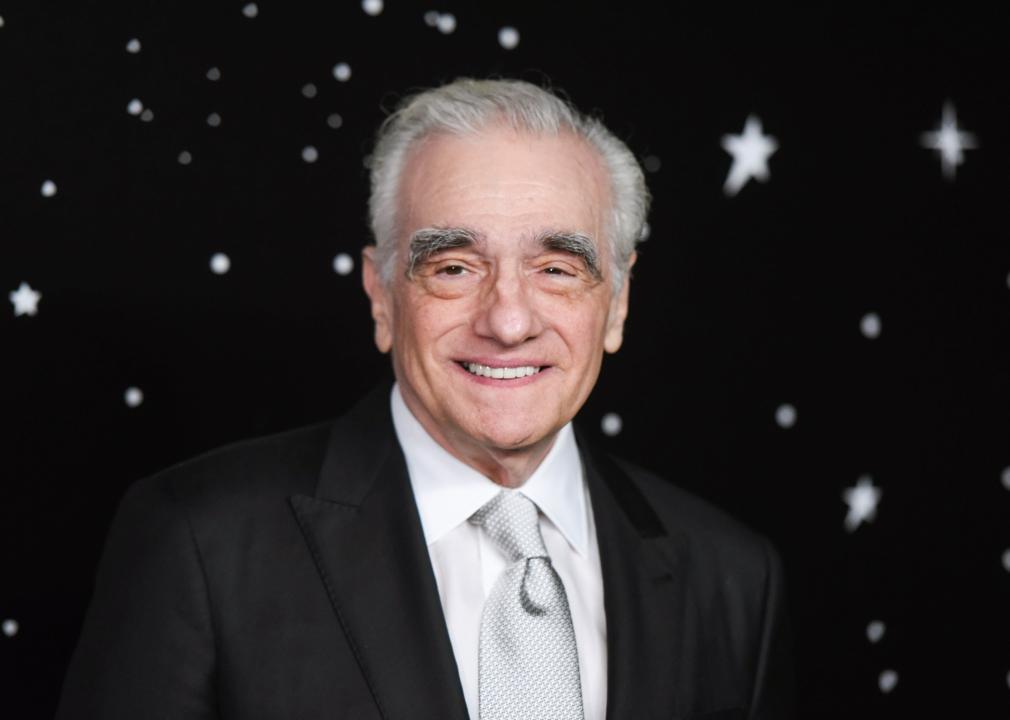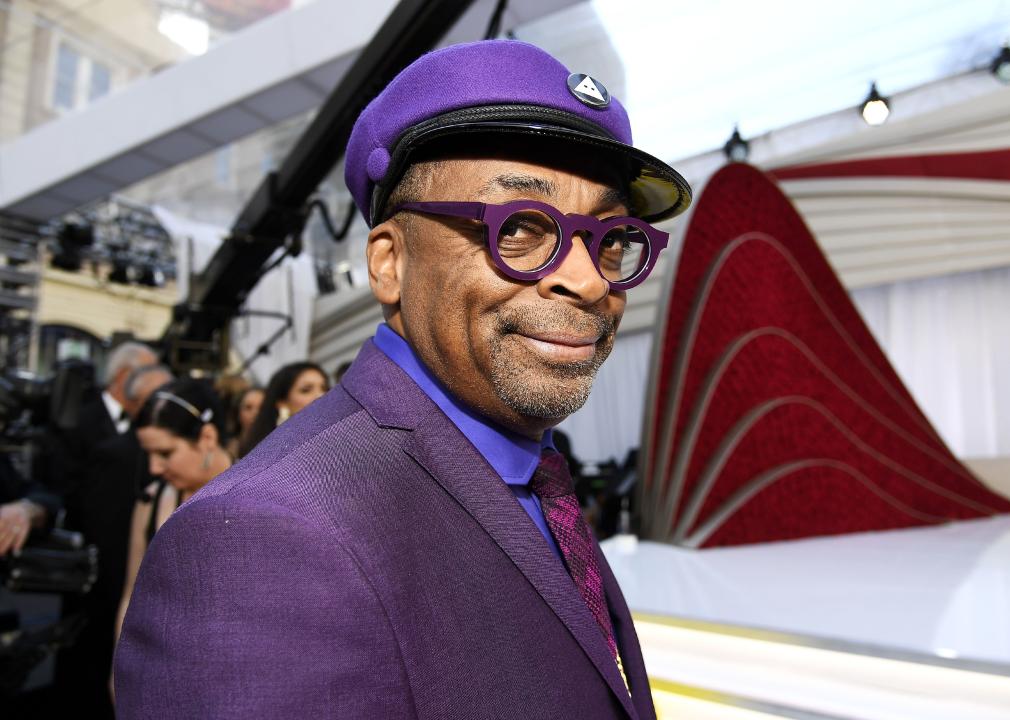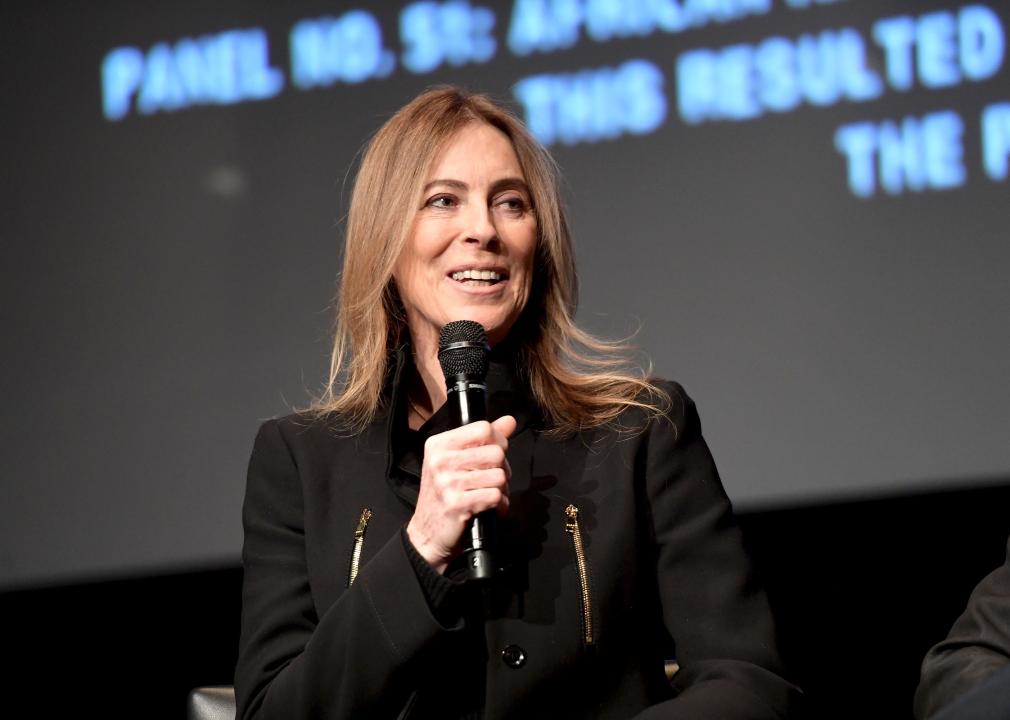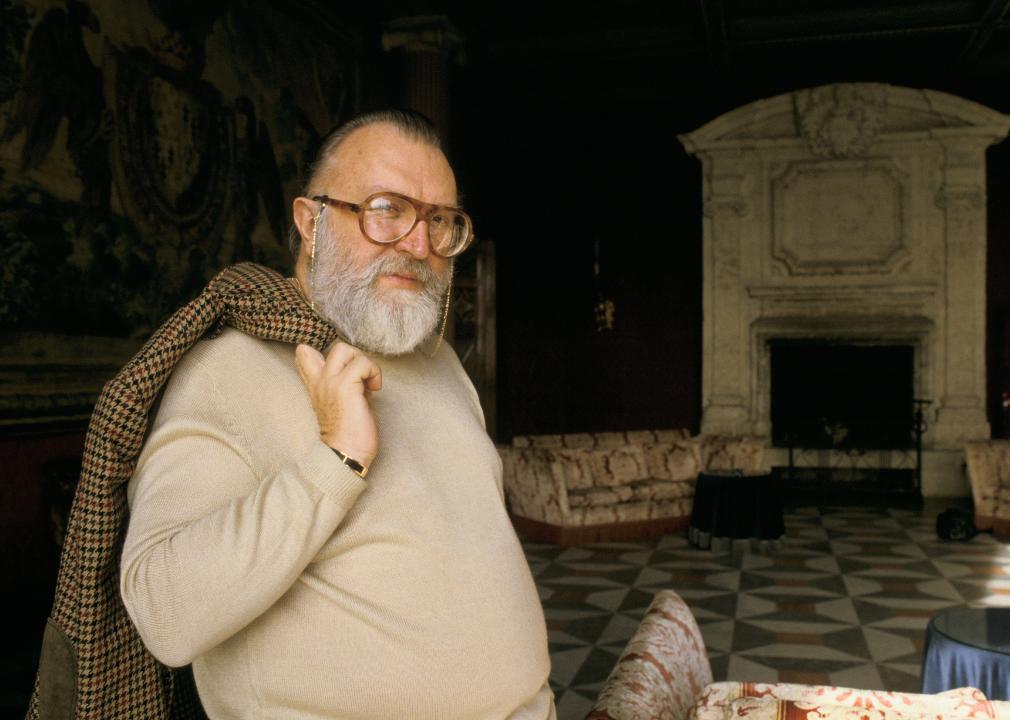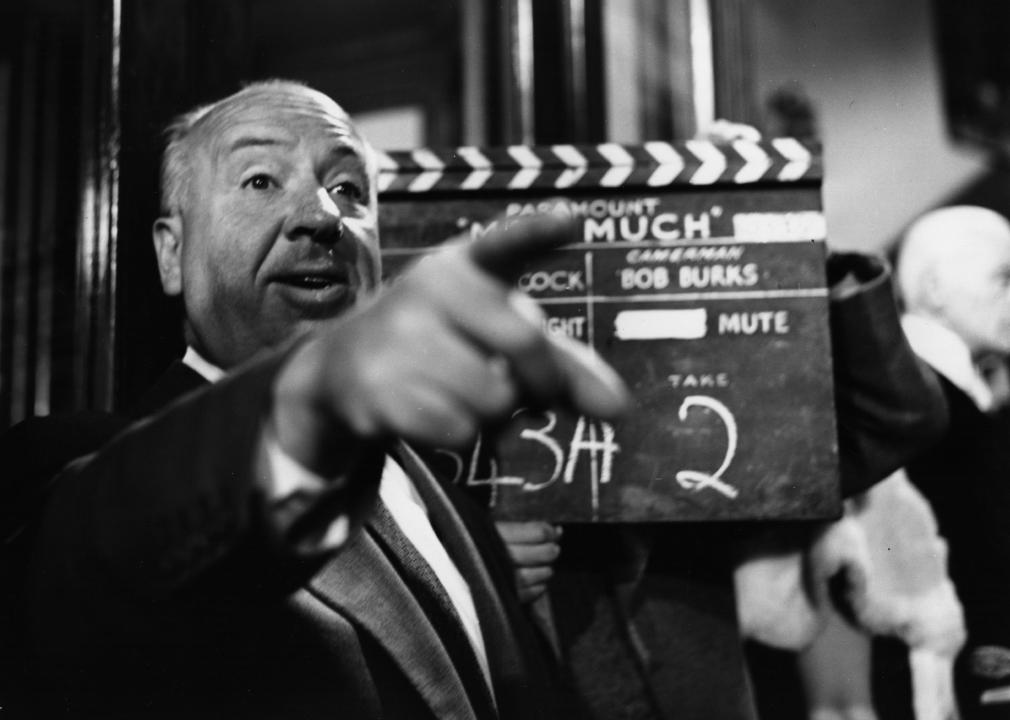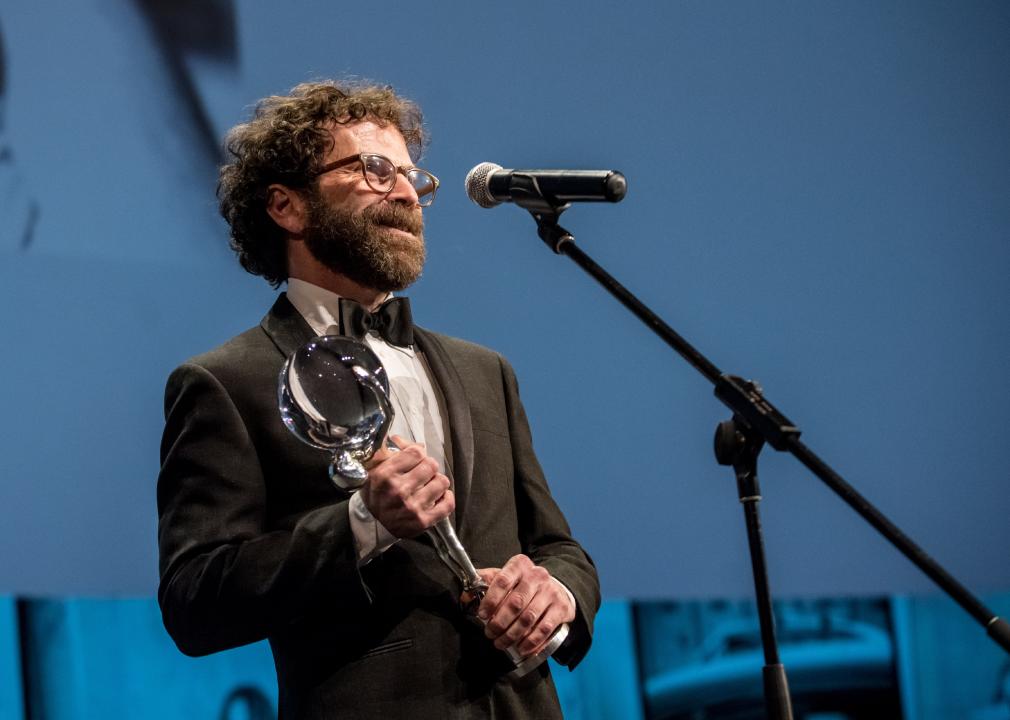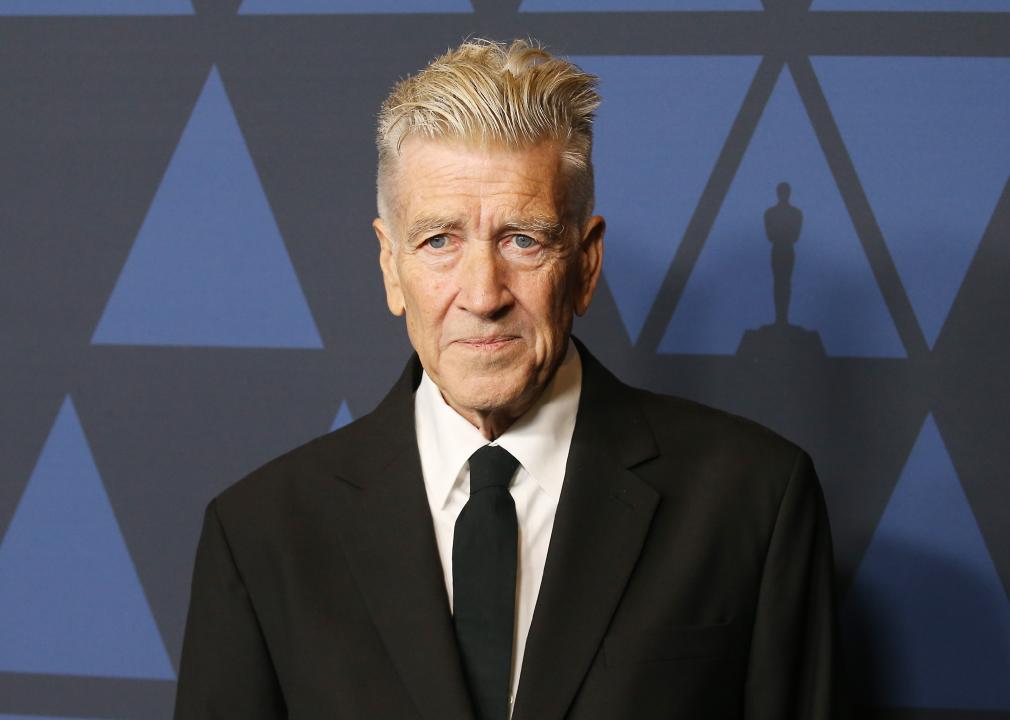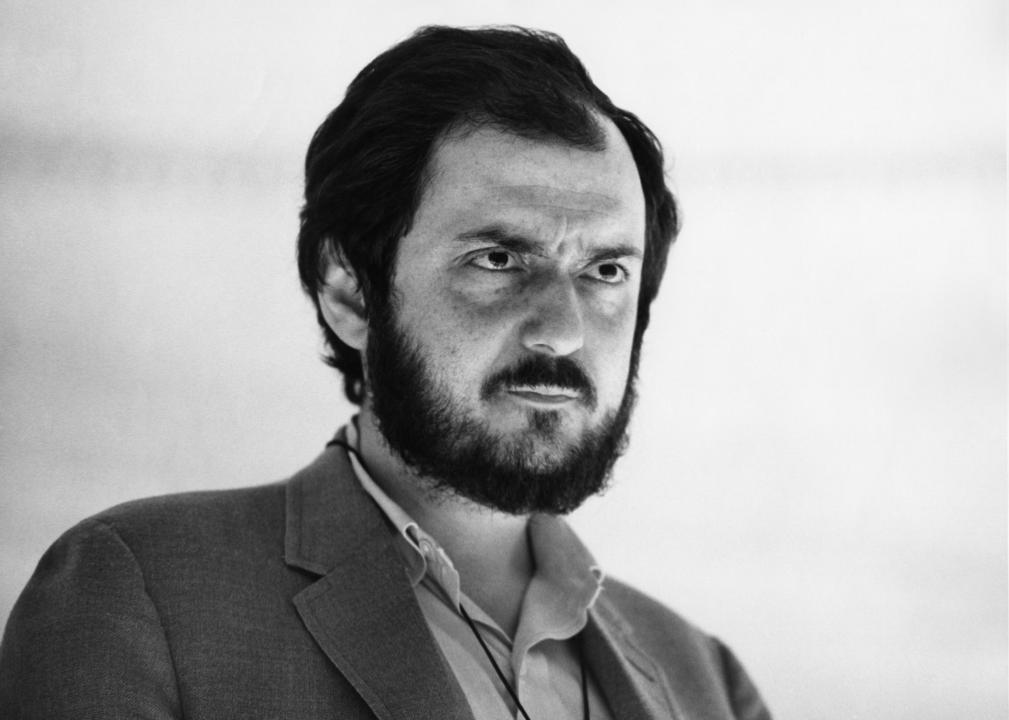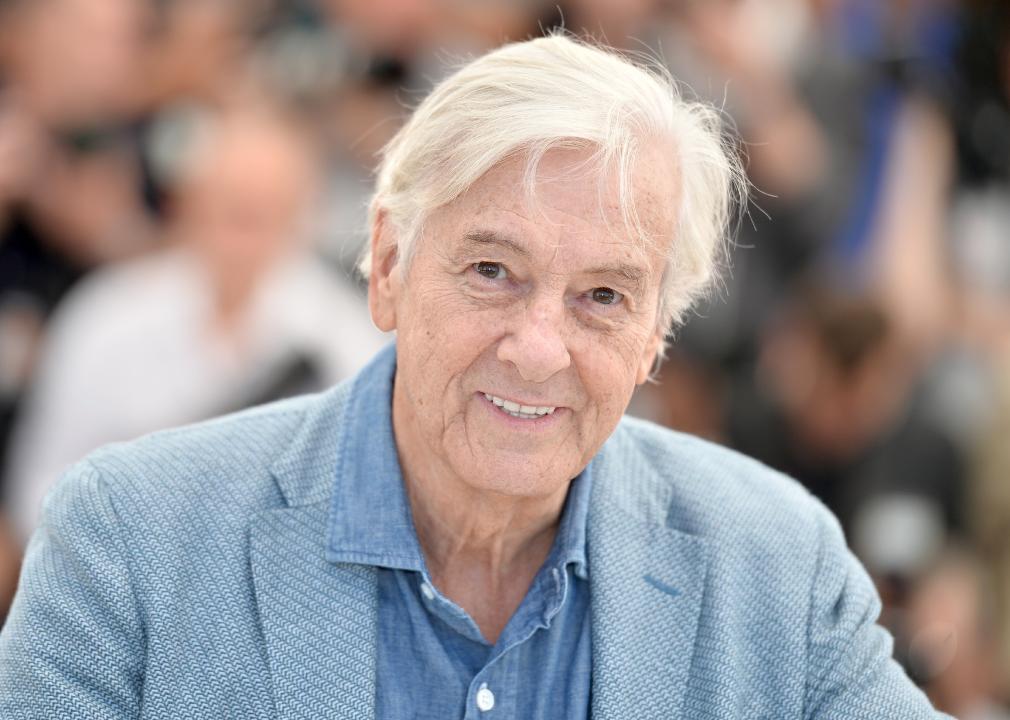Greatest movies never made

Canva
Greatest movies never made
If you believe film directors who have reached international recognition can make any movie they want, think again. Auteurs like Spike Lee, Stanley Kubrick, and Alfred Hitchcock have all had passion projects shelved due to overly ambitious plans, studios afraid to take risks, and laughably enormous budgets.
Despite not being made, however, some of these shelved films have backstories that have managed to take on a life of their own. Many of the movie concepts are so inspiring that they have drawn filmmakers back time after time, or have accumulated fan bases determined to see the movie come out of development hell and onto the big screen. Others have pre-production stories so outlandish that entire films could be made about the attempted making of the failed movie.
To get to the bottom of what could have been, how things went awry, and why there’s still hope for some of the most legendary shelved movie concepts, Giggster dove into the annals of unfilmed film history to highlight 10 epic, promising projects from top-tier directors that never saw the light of day. Some fell apart in the early stages of development, while others got deep into casting and financing before blowing up in one way or another.
![]()
Noam Galai // Getty Images
Martin Scorsese’s ‘Gershwin’
In the early ’80s, Martin Scorsese teamed up with his frequent collaborator, “Taxi Driver” screenwriter Paul Schrader, to write the screenplay for “Gershwin,” a film that would have focused on the mysterious personal life of the great composer George Gershwin. After Scorsese and Schrader’s relationship soured, Scorsese brought on another screenwriter, John Guare, to make the film, which would have starred Robert De Niro. This partnership was not meant to be, either—it fell apart when Warner Bros. passed on it in favor of Scorsese’s other developing project, a biopic on Dean Martin (which, ironically, also never got made).
There is still some hope for a Scorsese-led Gershwin project. In 2021, Scorsese and John Carney—the director of musical films “Once” and “Begin Again”—announced they’d be collaborating on a Gershwin-inspired musical film called “Fascinating Rhythm.”
Kevork Djansezian // Getty Images
Spike Lee’s ‘Save Us, Joe Louis’
Spike Lee acquired the rights to the life story of heavyweight champion Joe Louis in 2000, shortly after he lost his shot to direct a Muhammad Ali biopic to Michael Mann. At the time, Lee’s interest in making a film focused on Louis was seen in part as getting revenge on Warner Bros. for going with a different director to tell Ali’s story.
Lee co-wrote the movie with Budd Schulberg, the writer behind the novel “What Makes Sammy Run?” and the screenplay for “On the Waterfront.” According to Lee, Arnold Schwarzenegger was in talks to play the part of Max Schmeling, Joe Louis’ rival. After the project fell apart due to lack of financial backing, another producing duo bought the exclusive rights to the Joe Louis story in 2014, but they never ended up producing a film either. As of 2021, Lee was still vowing to make “Save Us, Joe Louis,” saying that he had made a promise to Schulberg before his death in 2009 to turn the project into reality.
Matt Winkelmeyer // Getty Images
Kathryn Bigelow’s ‘Company of Angels’
“Company of Angels” was to be a Joan of Arc epic in Kathryn Bigelow’s signature action-packed style, developed in conjunction with Jay Cocks, a regular Scorsese collaborator. After French director Luc Besson secured funding for the film, all seemed to be on track. The project was derailed, though, after Besson insisted his partner, Milla Jovovich, be given the lead role. Bigelow had Claire Danes in mind to star, and Besson pulled the funding, moving on to make his own Joan of Arc film in 1999. Bigelow sued Besson for breach of contract after he allegedly stole parts of her script to use in his movie. She did not pursue the project again.
Jean-Jacques BERNIER // Getty Images
Sergio Leone’s ‘Leningrad: The 900 Days’
Spaghetti Western legend Sergio Leone got his start working as an assistant director on Vittorio De Sica’s classic Italian neorealist film “Bicycle Thieves.” Leone went on to make several pioneering films, including the “Man with No Name” trilogy. He was reportedly producer Robert Evans’ first choice to direct “The Godfather,” which Leone is said to have turned down because he thought it glorified the mafia. During Leone’s final years, he worked hard to film “Leningrad: The 900 Days,” a World War II epic that would star Robert De Niro and was based on a book by journalist Harrison Salisbury. In 1989, Leone had raised $100 million to fund the film and was days away from signing the contract when he died of a heart attack.
Baron// Getty Images
Alfred Hitchcock’s ‘Kaleidoscope’
Alfred Hitchcock wanted to follow up the subversive success of “Psycho” with the gruesome “Kaleidoscope,” based on the stories of two infamous British serial killers: Neville Heath and John George Haigh. The screenplay, which Hitchcock wrote himself, was deemed too disturbing due to its gory and sexual nature, and MCA/Universal Studios shut down the project.
Many of the themes Hitchcock wanted to explore in “Kaleidoscope” showed up in his later film, “Frenzy,” including the link between sexual violence and serial murder. The would-be main character in “Kaleidoscope,” a closeted gay man turned serial rapist and killer, also made use of the “depraved homosexual” trope. Hitchcock employed this in many of his films, including “Rebecca” and “Rope,” and the trope has persisted throughout cinema and television history.
Matej Divizna // Getty Images
Guillermo del Toro and Charlie Kaufman’s ‘Slaughterhouse-Five’
In 2013, Guillermo del Toro, the auteur behind “Pan’s Labyrinth” and “The Shape of Water,” was reportedly in talks with screenwriter Charlie Kaufman (“Eternal Sunshine of the Spotless Mind”) to adapt Kurt Vonnegut’s legendary novel “Slaughterhouse-Five.” According to del Toro, he and Kaufman discussed the novel and stumbled across the “perfect way of doing the book.” But del Toro expressed some reservations in regards to being able to afford Kaufman, stating, “Charlie Kaufman is a very expensive writer!”
In a 2020 interview, Kaufman commented that he and del Toro’s discussion hadn’t amounted to anything and that he wasn’t “interested in adapting a novel like that.” Kaufman did acknowledge the book may be better suited as a miniseries rather than a traditional two-hour film.
Michael Tran // Getty Images
David Lynch’s ‘Ronnie Rocket’
From the time David Lynch completed his first film, “Eraserhead,” in 1977, he dreamt of making “Ronnie Rocket,” an eccentric ’50s-inspired science fiction film. While casting “Ronnie Rocket,” Lynch met Michael J. Anderson, who became a frequent cast member in Lynch’s projects. However, Lynch was unable to find funding, and instead, he made “The Elephant Man.”
Over the years, Lynch has returned to the idea for “Ronnie Rocket” several times but has run into the same funding issues each time. He acknowledged in a 2013 interview that the idea may be out of date, but that some aspects of it continue to draw him back in.
Keith Hamshere // Getty Images
Stanley Kubrick’s ‘Napoleon’
Perhaps one of the most ambitious films imaginable, Stanley Kubrick’s “Napoleon” promised to be an epic film in every sense. Kubrick planned to “borrow” 40,000 real infantry and 10,000 calvaries from the Romanian army to film the illustrious battle scenes. He and his team conducted years’ worth of incredibly detailed historical research on Napoleon and the time period, and he even asked Audrey Hepburn to play the part of Napoleon’s wife, Josephine (which she declined).
Unsurprisingly, such a film would have required a massive budget, and in 1969, MGM decided it was too risky and shut down the film before production began. In 2009, a massive, 10-part book of Kubrick’s archival research and the “Napoleon” script was published under the title, “Stanley Kubrick’s Napoleon: The Greatest Movie Never Made.” But there are still efforts to bring “Napoleon” to life. In 2021, reports emerged that Steven Spielberg and Cary Joji Fukunaga would be teaming up with HBO to make Kubrick’s “Napoleon” into a miniseries.
Stephane Cardinale – Corbis // Getty Images
Paul Verhoeven’s ‘Crusade’
In the early ’90s, Paul Verhoeven—the Dutch director behind “Robocop” and “Total Recall”—tried to make a medieval epic tale called “Crusade.” In what would have been a somewhat subversive storyline that departed from the typical Hollywood glorification of Western Christian powers, Verhoeven’s Christian crusaders were to be depicted critically, as colonizers rather than as heroes. Of that period of history, Verhoeven said, “The story of the Crusades is the murderous attack of the Christians on the Arabs and the Jews.”
Had the film moved forward, the cast would have included Arnold Schwarzenegger, Jennifer Connelly, and Robert Duvall. Unfortunately, as production costs soared past $100 million, the studio, Carolco, opted to pull the plug.
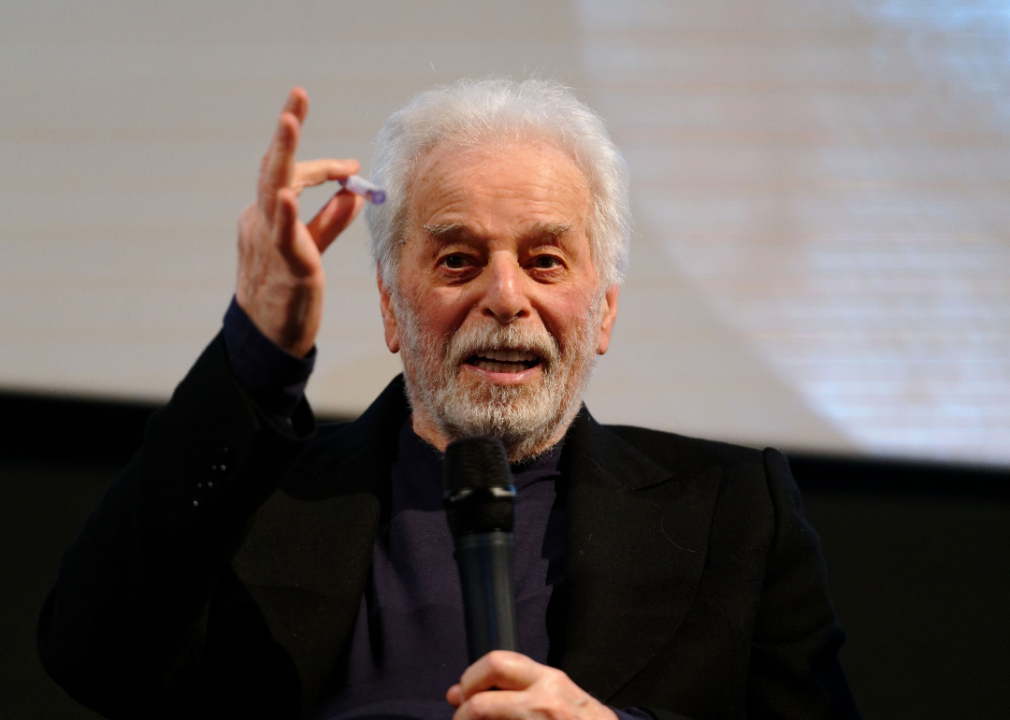
Sylvain Lefevre // Getty Images
Alejandro Jodorowsky’s ‘Dune’
There is much disagreement among film buffs and sci-fi fans about which film adaptation of “Dune” is the better one: David Lynch’s eccentric 1984 version—which Lynch himself confessed to hating—or Denis Villeneuve’s book-loyal 2021 adaptation. But another adaptation, one which was never made, looms almost as large: Alejandro Jodorowsky’s 1974 project, a big enough venture that there is an entire documentary about its ultimately doomed production.
Jodorowsky, famous for his surrealist films, began writing the script in a castle rented for him by French producer Michel Seydoux and brought on famous comic artist Jean “Mœbius” Giraud to create a 3,000-drawing storyboard. Pink Floyd was to provide the music for the film, and Salvador Dalí was brought on to play the part of the Emperor—at a whopping cost of $100,000 per hour. Ultimately, the skyrocketing budget and Jodorowsky’s unwillingness to compromise on his desired 10-12-hour run time doomed the film to development hell.
This story originally appeared on Giggster
and was produced and distributed in partnership with Stacker Studio.
